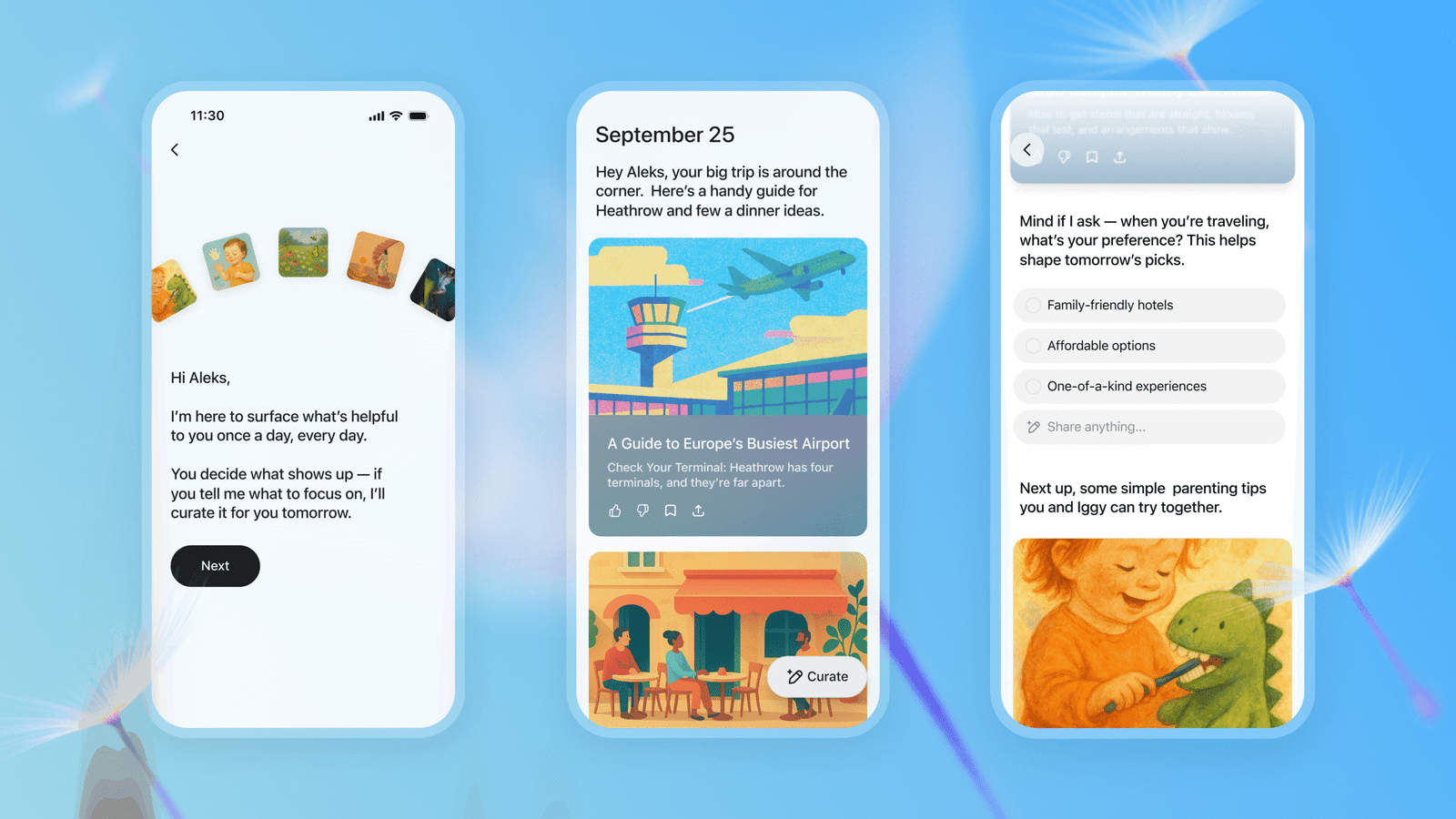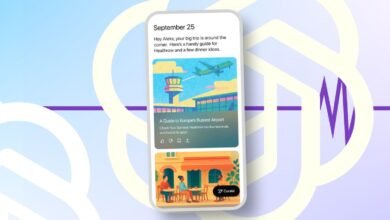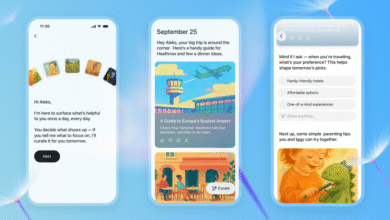ChatGPT Pulse: Your Personalized Morning Briefing

▼ Summary
– ChatGPT Pulse is a new proactive feature that generates personalized daily updates for users without requiring them to ask questions each time.
– The feature works overnight by analyzing a user’s chat history, preferences, and optional Gmail/Calendar connections to deliver morning updates via visual cards.
– Users receive summaries on relevant topics like project follow-ups or travel recommendations and can provide feedback or request specific topics.
– Updates appear once daily and expire after 24 hours unless saved, at which point they convert into a standard chat conversation.
– The feature’s success is variable and depends on the topic, with users finding more utility after telling ChatGPT what they want to see.
Waking up to a personalized briefing tailored specifically to your interests and schedule is now a reality for ChatGPT Pro subscribers. OpenAI has launched ChatGPT Pulse, a new push feature that delivers custom daily updates directly to users each morning without requiring them to initiate a conversation. This represents a significant shift for the AI, moving it from a purely reactive tool to a proactive assistant that conducts what the company terms “asynchronous research” overnight.
The system works by analyzing a user’s chat history, saved preferences, and, if enabled, data from connected services like Gmail and Google Calendar. While you sleep, the model sifts through this information to identify relevant topics. The next morning, you receive a set of visual cards, small, illustrated squares containing concise summaries. Tapping on a card expands it to reveal more detail. These updates might cover project follow-ups, dinner ideas, or travel tips. A key aspect is user control; you can give a thumbs up or down to rate the suggestions and use a “curate” button to request specific topics for future briefings.
These personalized updates appear once per day and are designed to be ephemeral, vanishing after 24 hours unless you take action. Saving a card or asking a follow-up question converts the Pulse update into a standard chat conversation that remains in your history. This approach ensures the information feels fresh and timely.
To enhance the relevance of its suggestions, users have the option to connect their Gmail and Google Calendar accounts. This provides the AI with richer context about your life. For instance, if you have a meeting on your calendar, ChatGPT Pulse might draft a sample agenda. Seeing a birthday reminder could trigger a suggestion to buy a gift, and an upcoming trip might surface restaurant recommendations. It is important to note that these integrations are optional and disabled by default, with controls available in the settings menu.
However, the effectiveness of this feature, like many AI tools built on large language models, can be inconsistent. Its success rate is highly variable based on the topic at hand. OpenAI acknowledges this variability, noting that during testing with college students in its ChatGPT Lab program, users began to appreciate the utility of Pulse more once they actively started telling the AI what they wanted to see. This feedback loop is crucial for refining the suggestions over time.
(Source: Ars Technica)





